Book review: Darwin’s Cathedral
by David Sloan Wilson
★★★
Can evolutionary methods be used to study the development of religion? David Sloan Wilson, a renowned evolutionary biologist, proposes that religion evolved because of the advantages it confers on those who share in it. Religion may even have contributed to humanity’s rise as the dominant animal on earth. By studying religious concepts in their group settings (religions are well known for their in-group morality and out-group hostility), Wilson places the evolution of social behavior, and religion in particular, on the same playing field as biological entities.
Group selection long ago became passé among evolutionary biologists, but it may be time for its revival. In the 60’s, it was believed that evolution takes place entirely by mutational change. Since then, it has been shown that evolution also occurs along a different pathway: by social groups becoming so functionally integrated that they become higher-level organisms in their own right. So why aren’t groups—particularly religious groupings—receiving the attention they deserve in the evolutionary field?
Wilson wants to study religious groups in the same way biologists study guppies, bacteria, and other forms of life. Does the rational choice theory fit religion? Functionalism? Using Calvinism as his primary case study, he determines that characteristics of social groups can be predicted via group selection theory.
Intelligent and cutting edge, Wilson does have something to say, but this is not an easy read; it reads like a university thesis, scholarly and reference-infested. It’s not because the theory isn’t fascinating, but because I had a hard time concentrating on the presentation, that I ranked it only three stars.

Romans 8:14, Sons of God
For as many as are led by the Spirit of God, they are the sons of God.
//The synoptic gospels indicate that in the age to come and in the heavenly realm, we will become sons of God. According to Luke, if you love your enemies, “your reward will be great, and you will become sons of the Most High.” (Luke 6:35) Matthew says of the peacemakers, “they shall be called the sons of God.” (Matthew 5:9) About the coming age Luke promises, “they can no longer die; for they are like the angels. They are God’s children, since they are children of the resurrection.” (Luke 20:36). Becoming God’s son is recognized as an eschatological sign of the final age, a promise speaking of the resurrection.
In contrast, John and Paul treat sonship as a gift already bestowed. Paul says, “Because you are sons, God sent the Spirit of his Son into our hearts.” (Gal 4:6) John 1:12-13 makes it clear that God has granted the opportunity to be born again, not of natural descent but of God, and that such believers are already “children of God.”
When we recognize that Paul is our earliest Christian writer, and when we begin to notice all of the instances where John agrees with Paul rather than the Synoptics, we have to ask the question quite seriously whether John, with its insistence that we have already entered the final age, reflects an earlier Christian tradition rather than a later one.
Has the resurrection already occurred?
Got an opinion? 0 commentsBook review: The Feasts of Israel
by Bruce Scott
★★★★★
A good way to measure the worth of a book, for me, is to page through it afterward noting how much of the text has been highlighted. In this case, a lot! If I have any criticism of the book, it’s that Scott finds too much meaning in the feasts. He works overly hard to relate every aspect of Jewish celebrations to the life of Jesus, even when the New Testament authors didn’t appear to have any intention of such parallels. This artificiality does betray Scott’s evangelistic emphasis.
This book is written very simply; a young teenager could appreciate and enjoy it as much as adults. And when this young teenager finished the book, he/she would have a deeper understanding of the New Testament’s Jewish influence than the majority of Christian ministers!
Scott covers the Sabbath and the major feasts of Passover, the Feast of Weeks, the Jewish New Year, the Day of Atonement, and the Feasts of Tabernacles in part 1. He then covers a number of minor feasts (including Hanukkah and Purim) and Jewish fast days in part 2. A concluding chapter titled Shadow or Substance? discusses what the recognition of these feasts should mean to us today, and whether or not Christians should celebrate them.

2 Samuel 8:4, 700 or 7,000 horsemen?
David smote also Hadadezer, the son of Rehob, king of Zobah, as he went to recover his border at the river Euphrates. And David took from him a thousand chariots, and seven hundred horsemen, and twenty thousand footmen.
//Seven hundred horsemen, it says. Here’s the same battle, described in the Chronicles:
And David smote Hadarezer king of Zobah unto Hamath, as he went to stablish his dominion by the river Euphrates. And David took from him a thousand chariots, and seven thousand horsemen, and twenty thousand footmen.
Oops! First 700 horsemen, then 7,000? Did the Bible slip a digit?
Early Bible translators preferred the second story. When the Hebrew text of 700 horsemen was rewritten into the Greek Septuagint, it somehow became 7,000. The Dead Sea scrolls agree: 7,000. Today’s various translations can’t decide what to do; some say 700, some say 7,000. Oddly, the Masoretic text claims 1,700. Can any of the numbers in the Bible be trusted? Or do its numbers just grow over time, like a good fish story?
I get the feeling that the only really important digit is the 7; that’s God’s favorite number, that’s the digit that proves God’s hand is in the matter. The rest don’t matter, and scripture writers felt free to exaggerate as they pleased. Here’s another example of how an original story (in Samuel) grew when rewritten hundreds of years later (in Chronicles):
And the Syrians fled before Israel; and David slew the men of seven hundred chariots of the Syrians, and forty thousand horsemen, and smote Shobach the captain of their host, who died there. (2 Samuel 10:18). Now, here’s the same battle in Chronicles, where 700 charioteers again turn into 7,000. But the Syrians fled before Israel; and David slew of the Syrians seven thousand men which fought in chariots, and forty thousand footmen, and killed Shophach the captain of the host. (1 Chronicles 19:18)
Got an opinion? 0 commentsBook review: Holy Ghost Girl
by Donna Johnson
★★★★★
Excellent! Definitely a fun book, if a bit freaky. Now, there’s a word I’ve never used before in a book review!
Donna Johnson tells the story of a little girl growing up on the “sawdust trail” of traveling tent missionary David Terrell. Yes, that David Terrell. Welcome to the world of public miracles, undercover infidelity and cognitive dissonance. On a grand scale. While it’s true the story is told through the wide eyes of a child, you may turn the final page still wondering if this wayward, charismatic holy man was the real thing. Perhaps God has a sense of humor.
Here’s the odd part. I read the entire book, never connecting the name of the author with the little girl it’s about. Donna. Yeah, it’s a memoir, an autobiographical work, but it never once crossed my mind that the young girl of this book could possibly overcome her bizarre upbringing and grow up “normal” enough to recount her youth in such fascinating prose. The writing is as delightful as it is haunting, one of those books that leaves you grasping hungrily at the acknowledgements after its all over to avoid putting it down.
It might be that I’m over-fascinated by religion-gone-wild, but IMO this is a story you don’t want to miss.

Isaiah 61:2, Who Is Melchizedek?
[T]o proclaim the year of Melchizedek’s favor and the day of vengeance of our God, to comfort all who mourn.
//You won’t find this verse in your Bible. Not in these words, anyway. This rendition comes from the Dead Sea Scrolls, where the name Melchizedek replaces “the LORD” in Isaiah 61:2.
The few verses we have about Melchizedek reveal little more than a mystery. He pops up in the Old Testament and disappears just as quickly. The book of Hebrews describes him as “without father, mother, or genealogy, having neither beginning of days nor end of life, but resembling the Son of God” (Hebrew 7:3). The Dead Sea Scrolls have shed some light on Jewish thinking regarding the mysterious figure of Melchizedek. Until the discovery of the Dead Sea Scrolls, this verse in Hebrews made little sense. Who is Melchizedek, anyway?
But in the “Melchizedek Scroll” from Cave 11, Psalm 7 has Melchizedek ruling from on high, not God. In Psalm 82, it is not God who presides over the great assembly, it is Melchizedek. Finally, today’s verse where Isaiah mentions “the year of the Lord’s favor,” the Dead Sea Scroll reads “the year of Melchizedek’s favor.” Each time, Melchizedek is equated with God himself.
There you go.
Got an opinion? 0 commentsBook review: No Wonder They Call Him the Savior
by Max Lucado
★★★
Max Lucado was asked by an acquaintance in a coffee house about his faith. “What is it that matters?” the man asked. “Skip the periphery. Go to the essence. Tell me the part that matters.” Years later, the answer had solidified for Lucado. The cross of Calvary. That’s the essence. “If the account of the cross is true, it’s history’s hinge. … If not, it’s history’s hoax.”
This book, then, is a search for the meaning of the cross. Special attention is given to the little details of the Golgotha scene. The words spoken from the cross, the thieves on either side, the graying mother at Christ’s feet. No wonder they call him Savior.
Next, the scene shifts from Jesus to the witnesses. All those who played a part, big or small. Finally, the resurrection.
The book is flavored throughout with a number of personal stories. It’s highly inspirational, meant for spiritual encouragement. I confess I didn’t read the whole thing; when it shifted gears into a study guide 2/3 of the way through, I shut down. Lucado is also a conservative believer, and the assumptions about the Bible’s historical accuracy and Jesus’ divinity began to weary me. He writes as a friendly minister who assumes we share his traditional Christian outlook. I can’t do that, and if the only way to appreciate the story of Jesus is to turn the whole thing into a supernatural religion, then I’m left in the cold.
Three stars from me, but for another person at another stage in their life, I’m sure Lucado’s uplifting writing style will hit the mark.

Genesis 3:6, What Fruit Did Adam & Eve Eat?
And when the woman saw that the tree was good for food, and that it was pleasant to the eyes, and a tree to be desired to make one wise, she took of the fruit thereof, and did eat, and gave also unto her husband with her; and he did eat.
//Jewish tradition holds that the fruit was figs, grapes, or wheat. Another fruit often proposed is the pomegranate, one of the earliest fruits domesticated. It came to be known as a symbol of fertility and immortality. Greek and Persian mythology uses the pomegranate as a representation of life, regeneration, and marriage. The one fruit that no scholar considers seriously is an apple.
But in the fourth century, the word malum appeared in the Vulgate translation of Genesis in the phrase “the tree of good and evil.” Malum, in Latin, means both evil and apple. They’ve been connected ever since.
In the end, Adam and Eve may not have eaten of any fruit at all. Partaking of the “fruit of the tree of good and evil” may have been an allegorical feast, describing the first sin of the flesh, as explained in the very next verse: And the eyes of them both were opened, and they knew that they were naked.
Got an opinion? 19 commentsBook review: Angel
by Laura Lee
★★★★★
I reviewed this book a few days ago, labeling it an “uncomfortable page-turner,” and its bizarre story still grips me. My primary criterion for ranking is whether or not a book makes me think … obviously, this one does. As such, it deserves additional discussion, and this time around it gets five stars. That the between-the-lines message of the book still grips me is a testament to its importance within its Christian setting.
It feels odd to call this “Christian literature.” It’s a bit crude, and let’s be honest, it contradicts Paul’s teachings by 180 degrees. The gay lifestyle isn’t “Christian” … at least, not for Christians who consider the Bible the final word. I’ve studied several arguments for embracing same-sex relationships in the church, and the bottom line is they just aren’t scriptural. I’ve talked with gays who don’t feel the Bible contradicts their lifestyle, but the arguments are lame. Sorry, guys. The Bible is clear. There is simply no legitimate way to get around the gay-bashing verses of the Bible … until we realize it’s just time to outgrow these verses. Biblical writers could not overcome their unease, but differences in sexual preference do not warrant discrimination in church any more than in business. It’s time we grew up.
Back to Laura’s book. She tackles an intimidating topic head on, and does so in an unforgettable manner. Five stars, yeah, because this is a Christian topic. Let’s climb this social mountain together.
Read the original review here: Angel

Matthew 23:9, Call No One Father
And do not call anyone on earth ‘father,’ for you have one Father, and he is in heaven.
//Some of Jesus’ teachings can leave us bewildered. Call no one father? Doesn’t this contradict the teaching to respect your parents?
It helps to picture the patriarchal society in which Jesus was born. One’s identity was tied to the family clan. Jesus had four brothers and an unknown number of sisters, and these siblings were probably married and forming families of their own. You can imagine that in a small village like Nazareth, Jesus’ family could represent a large portion of the population. Family provided protection, identification, and belonging.
At the pinnacle of the family was the father figure, and this person had absolute authority. Everyone owed him obedience and loyalty. He arranged marriages, he decided the duties of the household, he defined everyone’s place. This seems to have irked Jesus as one more instance of unnecessary control. Was Jesus slated by his father to marry, and if so, what happened to his designated wife? We don’t know. As risky as it was to break ties with family, Jesus did just that. God alone, says Jesus, should direct our lives to this degree.
Got an opinion? 0 comments

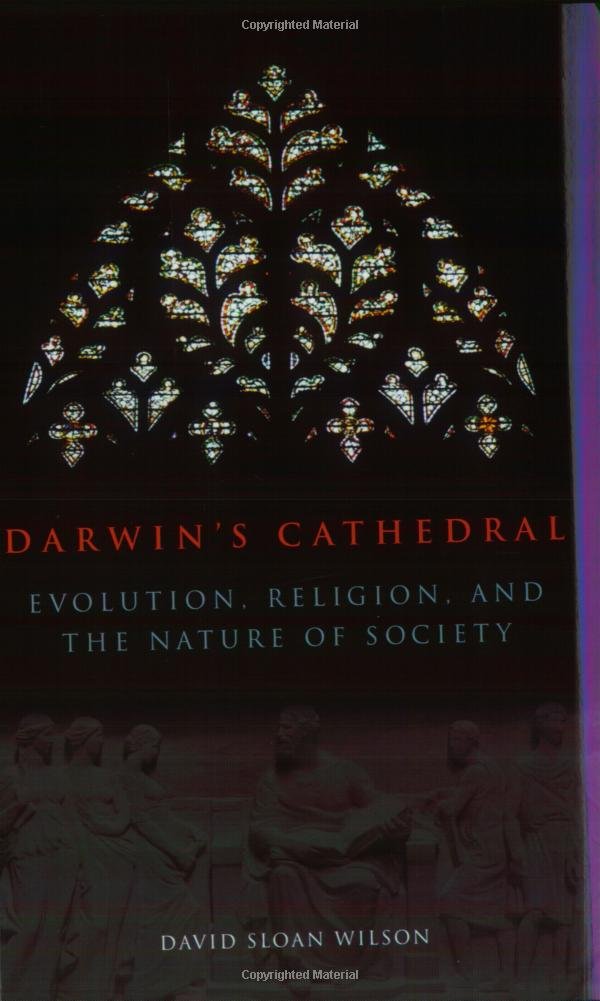
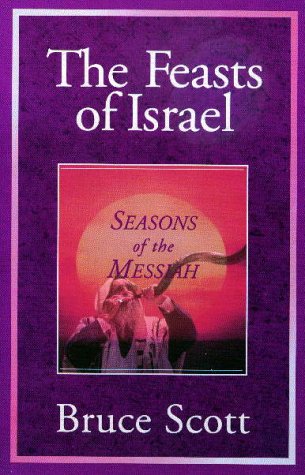
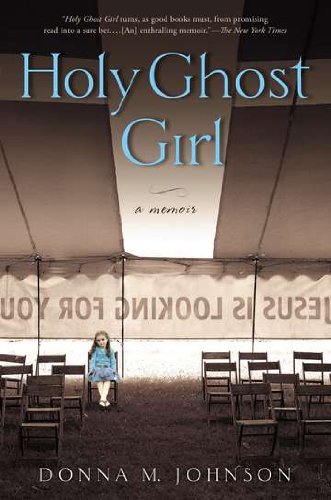
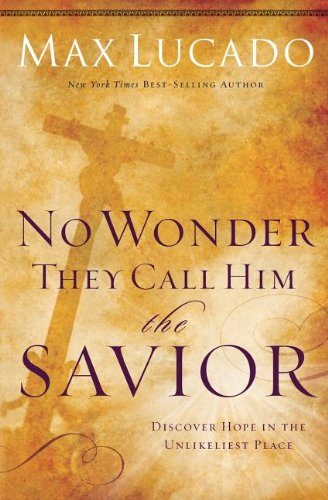
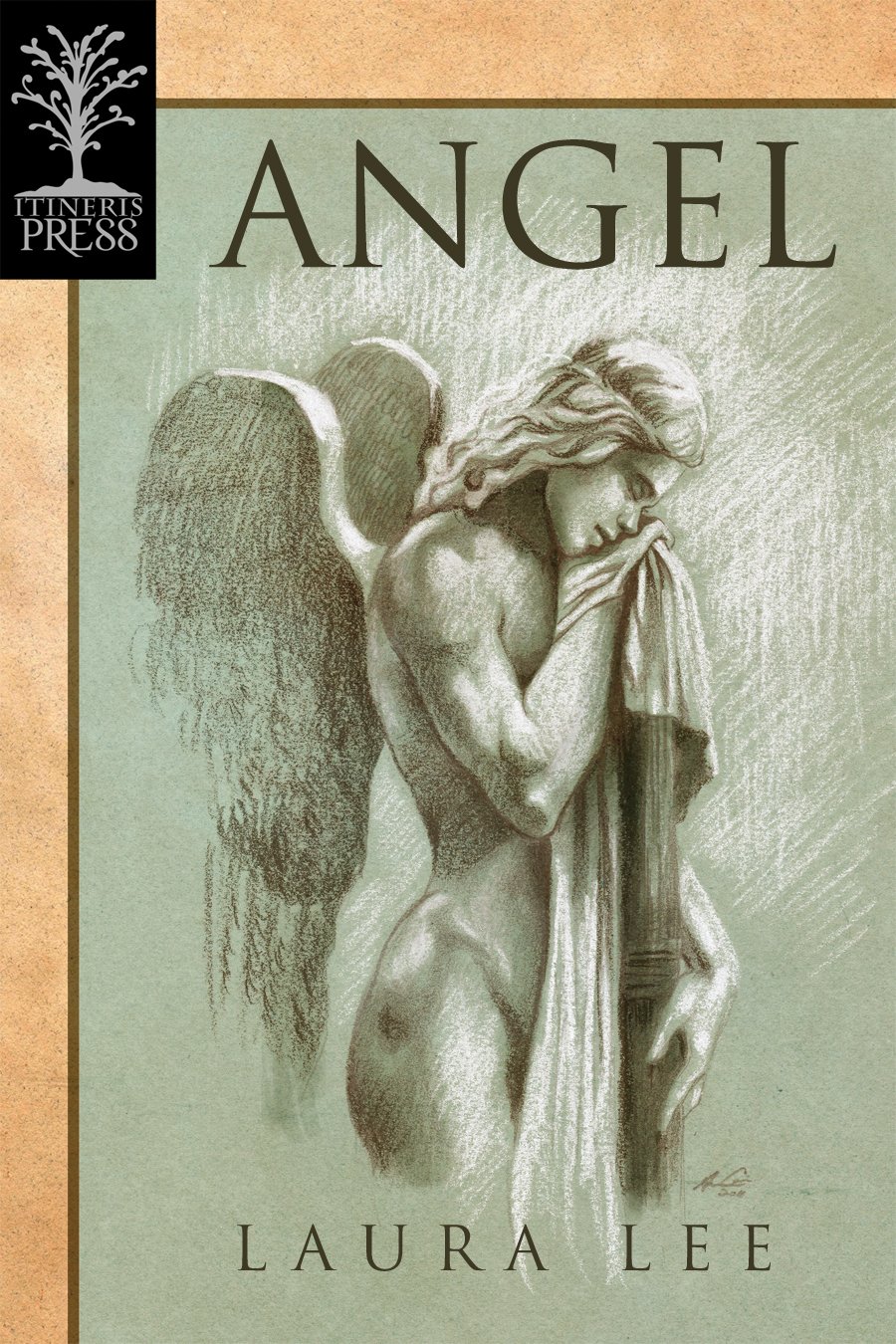









 354 Circles
354 Circles
 603 Goodreads Friends & Fans
603 Goodreads Friends & Fans

 Hello! I'm an author, historical Jesus scholar, book reviewer, and liberal Christian, which means I appreciate and attempt to exercise the humanitarian teachings of Jesus without getting hung up on any particular supernatural or religious beliefs.
The Bible is a magnificent book that has inspired and spiritually fed generations for thousands of years, and each new century seems to bring a deeper understanding of life’s purpose. This is true of not only Christianity; through the years, our age-old religions are slowly transforming from superstitious rituals into humanitarian philosophies. In short, we are growing up, and I am thrilled to be riding the wave.
I avidly read all thought-provoking religion titles. New authors: I'd love to read and review your book!
Hello! I'm an author, historical Jesus scholar, book reviewer, and liberal Christian, which means I appreciate and attempt to exercise the humanitarian teachings of Jesus without getting hung up on any particular supernatural or religious beliefs.
The Bible is a magnificent book that has inspired and spiritually fed generations for thousands of years, and each new century seems to bring a deeper understanding of life’s purpose. This is true of not only Christianity; through the years, our age-old religions are slowly transforming from superstitious rituals into humanitarian philosophies. In short, we are growing up, and I am thrilled to be riding the wave.
I avidly read all thought-provoking religion titles. New authors: I'd love to read and review your book!
 Hi! While Lee writes the articles and reviews the books, I edit, organize, and maintain the blog. The views expressed here are Lee's but I'm his biggest supporter! :-)
Hi! While Lee writes the articles and reviews the books, I edit, organize, and maintain the blog. The views expressed here are Lee's but I'm his biggest supporter! :-)
Connect With Me!